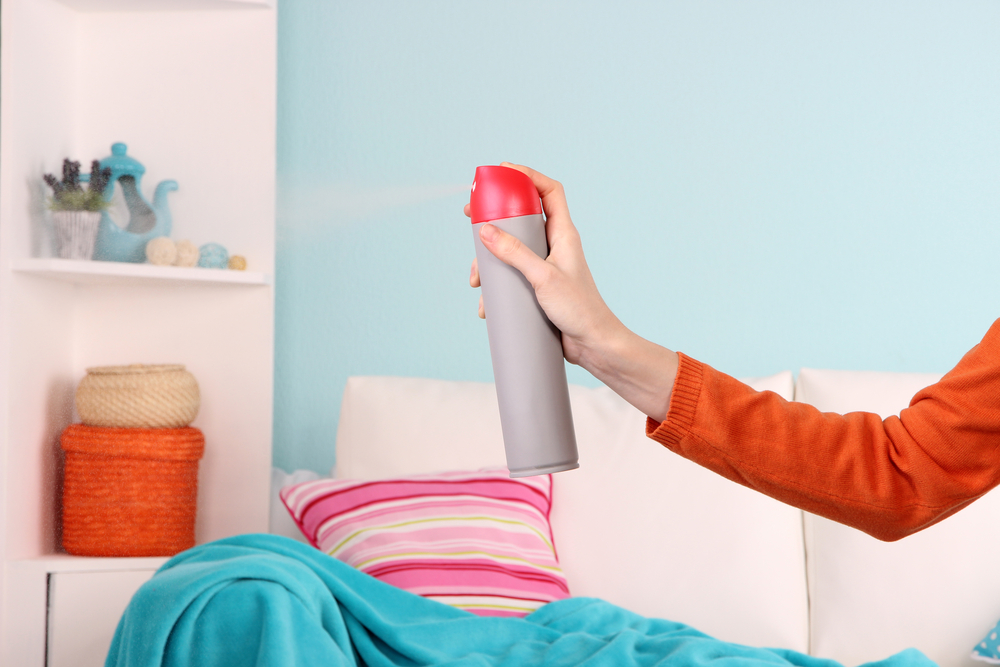Indoor air quality refers to the condition of air inside, within, and around buildings, but when was the last time you thought about air quality inside your Edgewater, Maryland, home? Some people may not realize the indoor air quality of their homes might be an environmental danger. Learn about this and other shocking facts about indoor air quality.
Indoor Air Quality Is a Top Environmental Danger
The U.S. Environmental Protection Agency (EPA) ranks indoor air quality as one of the top five environmental dangers to public health. Health effects can show up after a single exposure or repeated exposure to pollutants. These effects may include eye, nose, and throat irritation; headaches; dizziness; and fatigue.
Removing indoor air pollutants by ensuring proper air ventilation, replacing old HVAC filters, and reducing and removing moisture may decrease or eliminate these effects and help people with asthma and related respiratory ailments to breathe easier.
Household Objects Are Some of the Biggest Culprits of Indoor Air Pollution
Gas, oil, kerosene, wood stoves, and fireplaces can emit particles that contribute to indoor air pollution when in use. Cleaning products, personal-care products, glues, and pastes produce chemical air pollutants. Building materials such as carpet, insulation, cabinetry, and pressed-wood products can also be sources of indoor air pollution. Don’t forget about pet dander, mold, and dust, all of which can add to indoor air pollution.
Air Fresheners Are Harmful to Health
Most air fresheners contain chemicals known to disrupt hormone function in children, interfere with reproductive development, and irritate respiratory conditions like asthma. A recent study found that the emissions from air fresheners interact with ozone to form compounds like formaldehyde and acetone, which may give rise to concerns about respiratory sensitivity and airflow limitations.
Indoor air pollution is a concern for every home. Insulation may trap air or another gas to offer more efficient heating, but if not enough air enters the house, poor air quality could result. For an indoor air quality assessment and to learn about ways to improve your home’s indoor air quality, contact Griffith Energy Services Inc. at 888-474-3391.
Image provided by Shutterstock




